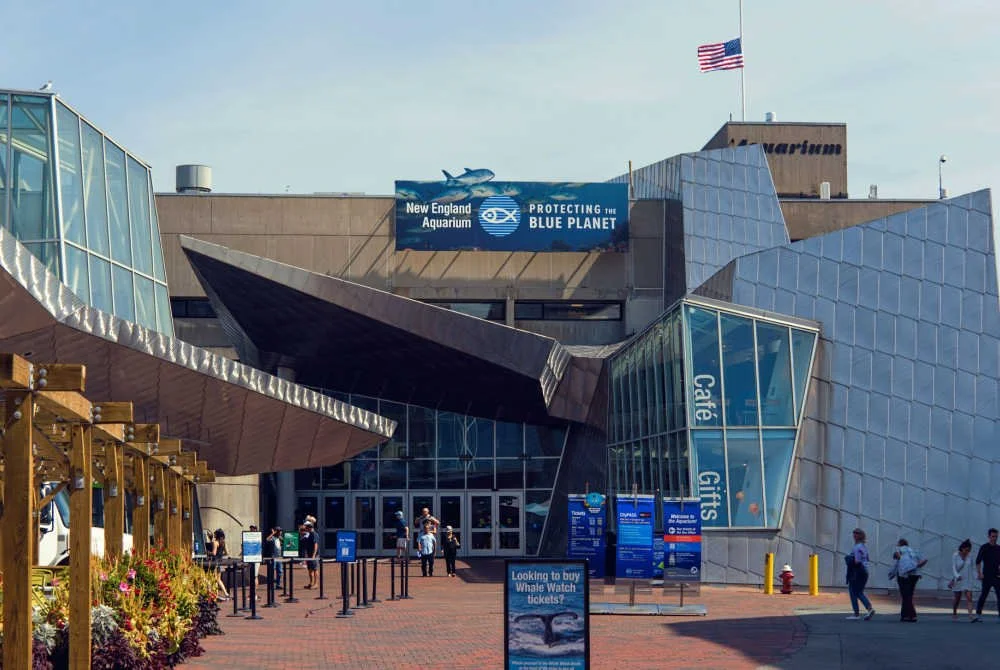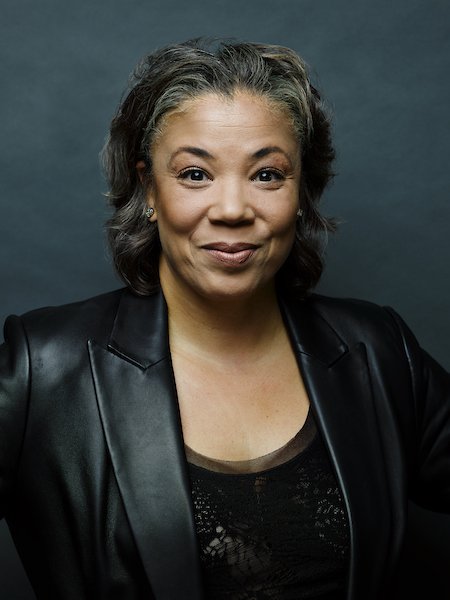A Foundation for Giving: How This Real Estate Mogul Has Built His Philanthropy
/Real estate mogul Bill Cummings, 80, rose from humble beginnings to create Cummings Properties in Woburn, Massachusetts, outside of Boston. The commercial real estate business, which began in 1970 with one small building, now boasts 11 million square feet in nearly a dozen communities north or west of Boston. Cummings' success is closely entwined with the growth of the Route 128 corridor, one of the largest hubs of technology companies outside of Silicon Valley.
But don't look for Bill Cummings on the Forbes list of billionaires. Nearly all of the buildings managed by Cummings Properties are owned by and operated for the benefit of the Cummings Foundation, which Cummings and his wife Joyce established in 1986. When the couple first started the foundation, they pledged to give 10 percent of their income each year to it. But over time, they committed most of the family's commercial real estate holdings to the foundation. With nearly $2 billion in assets, it's now one of the largest foundations in New England, and has given away more than $200 million in the Greater Boston area The foundation also manages several subsidiaries, including the nonprofit New Horizons retirement communities.
Cummings isn't one of the flashy mega-givers that often get attention these days with big initiatives to solve entrenched social problems, or conquer dread diseases. But he's been a pathbreaking philanthropist in his own way, transforming a real estate empire into a powerful regional charity with a model that we don't see very often. While younger business leaders talk a lot these days about merging social goals with the bottom line, Cummings quietly went all in with this approach years ago—and along the way, he and Joyce relinquished their personal wealth to a degree that remains highly unusual. When the Cummingses signed the Giving Pledge in 2011, it wasn't a hard choice. The couple had headed down that path long before.
The Cummings Foundation, meanwhile, gets high marks for its grantmaking, offering the kind of unrestricted support that nonprofits so often say is most valuable. It's become legendary for giving out $100,000 general support grants every year to 100 Boston-area nonprofits. And, as we've reported, it's recently built on its "$100K for 100" program by making "sustaining grants" to some of those same nonprofits—here, again, providing a critical type of support that too often is scarce.
The story of Bill Cummings' philanthropy is an important one, and now, with slightly more time on his hands, he's published a memoir, Starting Small and Making It Big: An Entrepreneur's Journey to Billion-Dollar Philanthropist.
"A number of people over the years have encouraged me to write down stories about everything from my childhood entrepreneurial ventures to my business philosophies to my thinking about philanthropy... I finally had time to put pen to paper," Cummings recently told me.
I spoke with Cummings to talk about his new book and about his philanthropy through the years. While the book is deeply personal, Cummings actually calls his work a "book on philanthropy and business masquerading as an autobiography."
Cummings knows quite a bit about these two areas, but what struck me most about Starting Small and Making It Big, and when I spoke with Cummings, is the degree to which business and philanthropy are intertwined for him. That's true in the way he's merged these two passions organizationally, but also in how he thinks about tackling social challenges. He writes in his book, "the stronger the community, the stronger the potential success for business. We believe any successful business has a responsibility to contribute to the strength of its community by helping to care for people who live there and patronize the business."
Cummings has always kept his real estate business locally focused and the same applies to his philanthropy. Through the years, Cummings Properties has worked very much in the family's backyard and adjoining towns. Cummings explained to me that "it's much easier to manage and operate buildings when you can get to them easily." Cummings still rides his bike to each and every one of his buildings once in a while, though he says he isn't an especially good bike rider.
"Being a big fish in a little pond has seemed to work for us," he says, and this credo has also applied to the couple's laser-focused giving in the Greater Boston community. While many philanthropists are attracted to global and national causes, and the Cummings themselves have been involved in supporting work in Rwanda, they believe that focusing their giving in local communities is the best way to make an impact.
The Cummings bear some strong similarities to the Sobratos of Silicon Valley—another family that built a commercial real estate empire in a tech-rich region and is now harnessing that wealth to support local nonprofits. In both cases, lucrative underlying property assets are likely to spin off lots of cash for philanthropy for many years to come, with next-generation heirs involved in managing the giving. The Cummings' two daughters, Marilyn and Patricia, both serve on the board of the Cummings Foundation, as does Marilyn's husband Jason Morris.
Cummings tells me that each spring, $20 million is allocated for giving. He also says that he and Joyce decided a while back to broaden the circle of leadership at the foundation beyond family members. Two-thirds of the foundation's trustees come from outside the Cummings family or business. Among these trustees are Associate Justice Margot Botsford of the Supreme Judicial Court, and Anthony P. Monaco, president of Tufts University, Cummings' alma mater and a major recipient of his largesse.
By the way, Cummings also has plenty to say about entrepreneurship in Starting Small and Making It Big. Besides being willing to take a risk, Cummings says it's important that entrepreneurs understand that business is an art, not a science. Not everyone has to do it by the book. There are many ways to become wealthy.
And, as Cummings has shown, there are many ways to be philanthropic.
Related: Forget Jumping Through Hoops: How Does Sustained Support for 10 Years Sound?







































